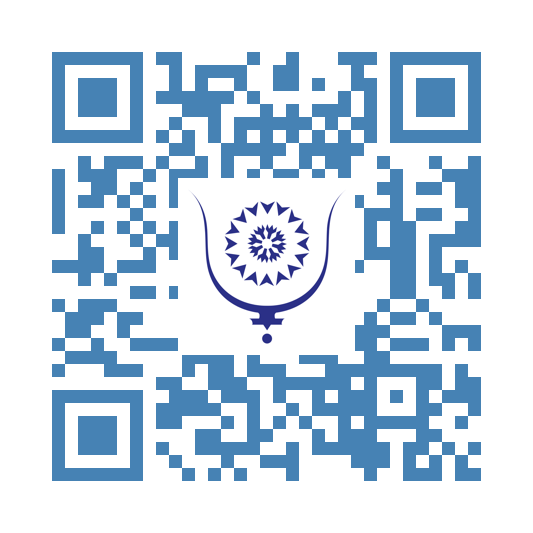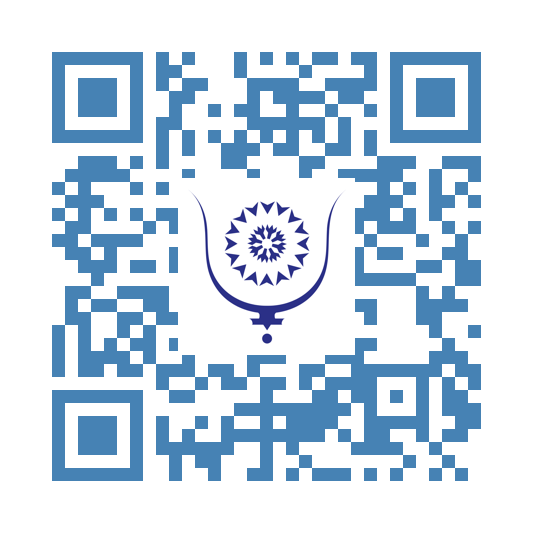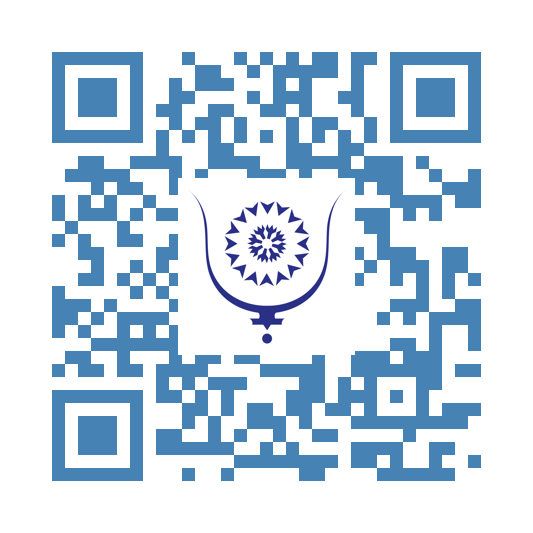Le Monde and Morocco: Deconstructing a Biased View of a Revered Monarchy...
274
The newspaper Le Monde, founded on the recommendation of General De Gaulle in the context of the Second World War in 1944, is internationally renowned for its investigative journalism and analytical capability. However, it often displays a biased approach when it focuses on the Kingdom of Morocco. The article published on August 24, 2025, titled "In Morocco, an atmosphere of end of reign for Mohammed VI," symptomatically illustrates this tendency, which deserves a response by also recalling the conflictual relationship the newspaper has had with the Kingdom almost since its inception. The impression is that it is probably the fact that Morocco is a Kingdom that bothers or disturbs the paper. The relationship to monarchy, particularly from the French left, is not unrelated to this ideological stance.
For a long time, Le Monde's editorial coverage of Morocco has avoided neutrality. Since the time of Hassan II, the paper frequently adopted a critical tone, sometimes unjustly severe, offering a European reading framework that often reduced the complex Moroccan political reality to a caricature. Between interpretations disconnected from reality and unfounded insinuations, the treatment of the country has often been limited to a black-and-white vision, marginalizing the concrete nuances of its evolutions and its centuries-old history. It must be reminded that the Kingdom, as a nation-state, existed long before what is today called France. It therefore has its own codes and its own evolution and worldview.
The newspaper's stance, inherited from a postcolonial reading marked by a basic socialism fixed on the image of an immutable authoritarian power and a society on the brink of upheaval. Journalists seem to relive by proxy the years before 1789. Conflations and romanticized interpretations are the rule.
Returning to the article, would the King of Morocco be a misunderstood sovereign? Is the Kingdom, for its part, so little known to the journalists of "Le Monde"? Would the secular Moroccan people simply be a copy of the people of medieval France? Or is it simply an ideological stance blinding the paper?
The mention of an "atmosphere of end of reign" in the recent article betrays profound ignorance coupled with a dubious hypothesis. In reality, no tangible sign of decline emerges, quite the opposite. The Moroccan people show notable attachment to their monarchy perceived as an essential pillar for stability, development, and national cohesion. A simple observation of social networks would have spared the authors from such errors, for since 1999, under the impetus of King Mohammed VI, Morocco has achieved important reforms. These are advances that took France two centuries. How can one forget to mention the country’s major achievements in such a short time:
- Sustained economic growth in several strategic sectors, generating jobs and sustainable prospects.
- Modernization of the family code (Moudawana), a symbol of major social progress, particularly regarding women's rights.
- Adoption of a transitional justice policy favoring reconciliation and healing historical wounds.
- Establishment of mandatory medical coverage, expanding access to healthcare for all.
- Assertive diplomacy recognized on the African continent and internationally, demonstrating a well-thought-out, forward-looking strategy.
- The Kingdom is preparing to host the Football World Cup, a sign of great trust from the international community.
These successes, however glaring, are overlooked by the authors because they contradict a sensationalist narrative of monarchical decline which appeals to some French circles nostalgic, under the surface, for the monarchy they killed. The article recklessly mixes rumors, outdated clichés, and baseless hypotheses, portraying power as frozen, aging, and oppressive. The author consciously ignores the multifaceted reality of a country at the crossroads of ancient traditions and sustained modernization. The depiction of a "twilight" reign reflects a condescending gaze, reminiscent of dominant stereotypes that often reduce the Arab and African world to narratives of instability and decline.
Contrary to the dark picture painted by Le Monde, contemporary Morocco under Mohammed VI pursues a dynamic trajectory, marked by concrete progress and real stakes, aligned with popular expectations. Rejection is not expressed through a distancing from the monarchy, but by a demand for thoughtful, gradual reforms that respect traditions and institutions. In this context, speaking of "end of reign" stems from a mistaken reading that distorts the actual function and role of monarchy today.
Here, it is essential to claim rigorous journalism based on documentary research and pluralism, finally freeing itself from postcolonial reflexes and a condescending gaze. Morocco cannot be reduced to an exotic subject of study or a testing ground for imported scenarios. More than a relic, the monarchy embodies a central lever of a nation in motion, led by lucid and committed leadership.
Le Monde’s editorial past seems to weigh heavily on its analysis of current events in Morocco. By assertively stating an "atmosphere of end of reign," the article disconnects its diagnosis from the social, economic, and political realities shaping the Kingdom. The achievements show a sincere will to articulate traditions and modernity, stability and popular aspirations, in a difficult regional environment that the country has managed with discernment.
By omitting these elements, favoring unfounded rumors and finished stereotypes, the text promotes an alarmist narrative that harms both truth and constructive dialogue, feeding prejudices inherited from an outdated postcolonial vision.
Thus, far from a predicted decline, Morocco traces a path based on conscientious leadership, rooted in a millennia-old history and attentive to current challenges, looking towards a hopeful future.
It is time for Le Monde to renew its gaze with honesty and respect, going beyond clichés and integrating the diversity of the Moroccan voice. The arrogance of an external view must never outweigh lived reality.
Readers of this newspaper, as with others when it comes to Morocco, deserve balanced, non-partisan, and open information reflecting the richness and depth of a society and a Kingdom in full transformation, faithful to its institutions and its sovereign.
Share:
Le Monde and Morocco: Deconstructing a Biased View of a Revered Monarchy...
copy:
https://bluwr.com/p/349771237
Ukraine and Sudan: Two Conflicts, Two Different Perspectives...
359
The entire Western world gathered in Washington a few days ago. Since his return, President Trump has been trying to save what remains of Ukraine, and the Europeans genuinely do not want this to happen behind their backs. Unable to play a decisive role, they at least want to be present. Their credibility is at stake, and above all, their image before the rest of the world.
Overheated by a Europe whose reach exceeds its power—a Europe increasingly powerless—Ukraine has endured and waged a war it believed it could win with Western support. To date, it has lost 20% of its territory, and it is far from over. Instead of dealing directly with Vladimir (Putin), Volodymyr (Zelensky) thought it wiser to seek support from those who had already been insufficient since delegating their defense to NATO, and thus to the United States. The Europeans will learn this the hard way: one cannot wage war without the means to do so.
That same world remains silent about what is happening in Sudan. It is considered less “interesting.” Two generals, generals in name only, have launched a militarized competition to seize power, just days after signing an agreement to share it. Since then, the situation has deteriorated. Every day, lives are lost, women are raped, and millions of people wander the desert, their only refuge.
For the Western world, perhaps—I emphasize perhaps—they are just Africans, mostly believing themselves Arabs, killing each other.
The war in Sudan, particularly in the Darfur region, remains one of the most tragic and deadly conflicts since its outbreak in April 2023. This war mainly pits two rival forces against each other: the Sudanese Armed Forces (SAF), led by Abdel Fattah al-Burhan, and the Rapid Support Forces (RSF), commanded by Mohamed Hamdan Dagalo, known as “Hemedti,” former leader of the Janjaweed militias. The latter, along with their allied Arab militias, are responsible for massive massacres, especially targeting the Massalit people and other non-Arab groups in Darfur. In essence, those who consider themselves Arab are killing and driving from their lands those they do not recognize as their own. The BBC has just released an investigation and documentary on this subject, which should stir collective conscience, if any human conscience remains willing to watch.
The conflict is primarily a power struggle between the two military leaders who, it should be recalled, had signed a pact to govern the country jointly. The sudden slide into armed clashes has spread to several regions, notably Darfur, where the RSF and their allies stand accused of grave abuses. The Janjaweed, militias identifying as Arab and formerly supported by former Sudanese President Omar al-Bashir, are active again under the RSF banner, committing ethnic-based violence openly. Also involved are the Sudan Liberation Movement (SLA/SLM), the historic rebels of Darfur, fragmented between Minni Minnawi and Abdelwahid Mohamed al-Nur.
The scale of the massacres is terrifying. According to the UN, in Al-Geneina, the capital of West Darfur, between 10,000 and 15,000 Massalit civilians were killed between June and November 2023 by the RSF and allied Arab militias. More broadly, over 150,000 have died in two years throughout Darfur, with 13 million displaced—half the Sudanese population—pushed to the brink of famine. NGOs like Doctors Without Borders warn of imminent massacres in cities such as El-Fasher, heavily besieged. The violence also includes destruction of civil infrastructure, schools, and mosques. Systematic sexual violence is another tragic facet of the massacre.
Following a deadly attack a few days ago, Doctors Without Borders just closed the only hospital still operating in Zalengei, the regional capital, making any medical activity impossible. This is not the first hospital to be forced to shut down.
Despite overwhelming evidence of war crimes and crimes against humanity, the international response remains mostly ineffective. Although the United States and the UN officially acknowledge the severity of the genocide, their direct interventions and sanctions remain timid. The African Union and the UN struggle to deploy forces capable of enforcing peace and upholding international law. Arab countries exert no notable pressure on Hemedti or Burhan, the latter having long wielded significant influence in Sudan.
This silence is interpreted by many observers as complicity, seen as a form of institutional racism that devalues African lives, especially those of the Massalit victims of the RSF. The fact that Hemedti and his allies claim an “Arab” identity while attacking so-called “African” groups, according to some, contributes to the indifference of Arab nations, more preoccupied with their regional dynamics than human rights. International Muslim organizations have also failed to take a forceful stand, despite frequent religious instrumentalization by the warring parties.
The conflict is also marked by a profound religious contradiction: murder, injustice, and war among Muslims are explicitly condemned by Islam, except in cases of self-defense or struggle against oppression. Yet, the massacres in Darfur are regularly denounced as contrary to these principles by Muslim intellectuals and religious leaders, though these condemnations have had little tangible effect on the violence.
This crisis has triggered the world’s largest current humanitarian emergency, with 13 million displaced. Access to medical care, food, and shelter remains grossly insufficient. Civilians live in extreme insecurity, caught in ethnic and political struggles manipulated by power-hungry warlords. The international community, Arab countries, and Muslim actors appear to be shirking their responsibilities, allowing this tragedy to continue in alarming silence.
This situation challenges not only global collective conscience but also the real capacity of international institutions to protect the most vulnerable populations from such vast violence. The situation in Darfur and greater Sudan is a stark and urgent call for attention.
The hope remains that the wars in both Ukraine and Sudan will end swiftly, as in both cases it is innocent generations paying the price of violent conflict.
Share:
Ukraine and Sudan: Two Conflicts, Two Different Perspectives...
copy:
https://bluwr.com/p/348759412




